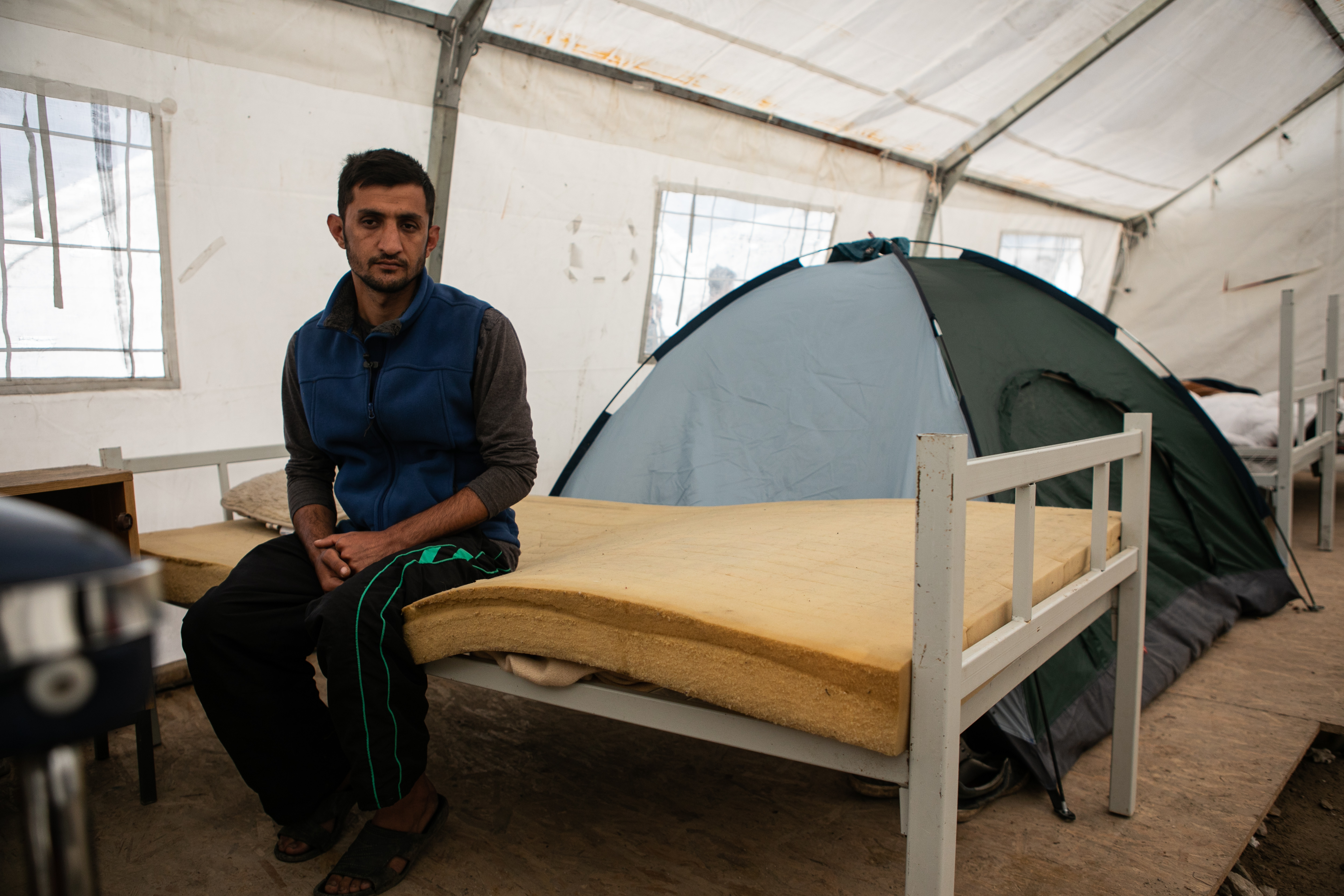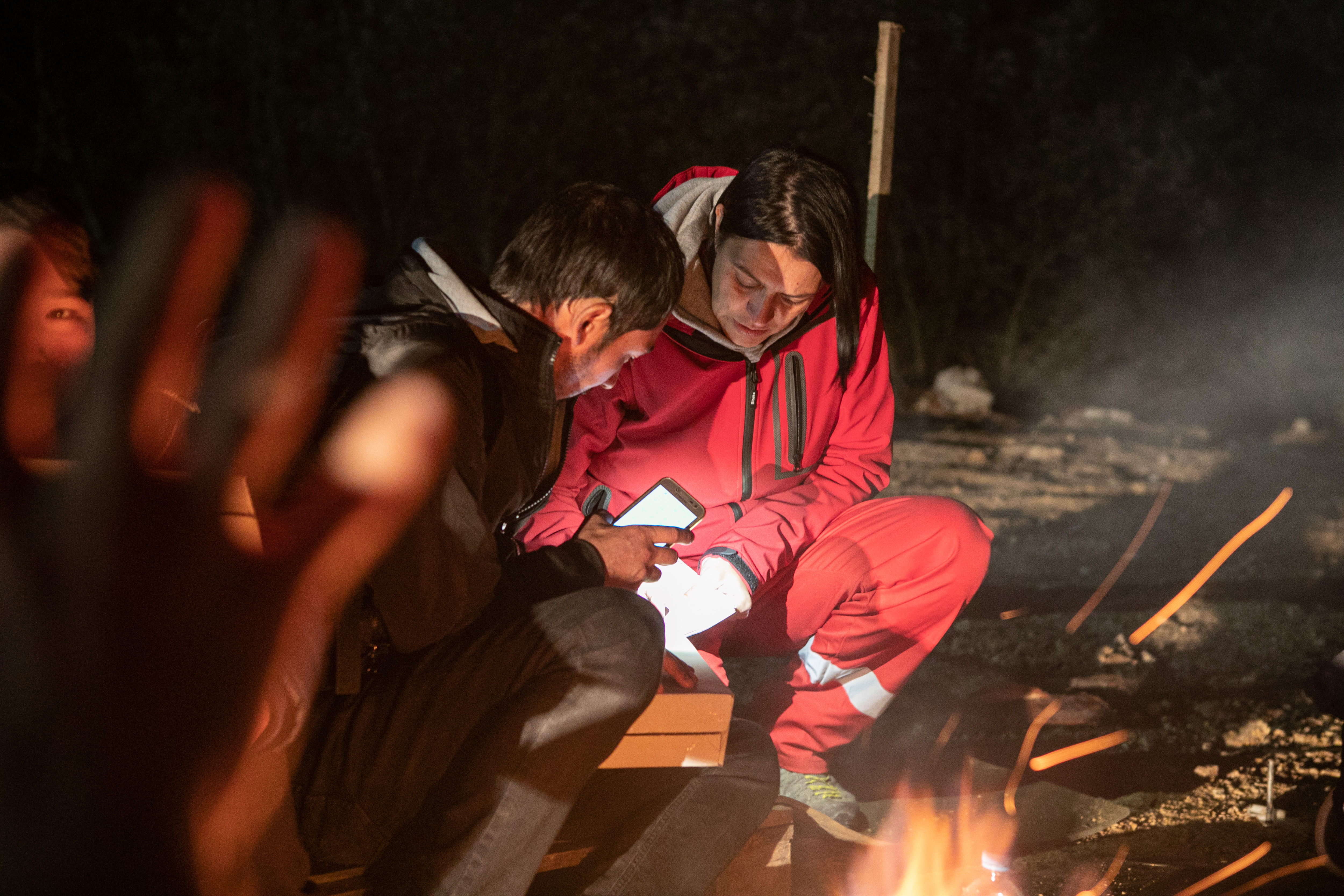Global Refugee Forum 2019: our call for EU leadership on resettlement
The European Commission has recently announced that it has received pledges for 30,000 resettlement places in 2020 from 15 member states. Ahead of the Global Refugee Forum on 17th and 18th December, the undersigned organisations call on the EU and its member states to ensure that these pledges translate into a meaningful contribution to global responsibility sharing by:
- Making a collective pledge of at least 30,000 resettlement places for 2020 at the Forum
- Ensuring that these places are implemented within the calendar year and are not used to recycle pledges from previous commitments
- Collectively committing to a continuous, sustainable and significant increase in resettlement numbers beyond this annual pledge
- Asserting that EU resettlement is a protection tool and durable solution which is protection-centered and responsive to global resettlement needs, and to that effect should not be made conditional upon third country cooperation in EU migration management objectives

One year after the adoption of the Global Compact on Refugees, the international community will gather in Geneva at the Global Refugee Forum on the 17th and 18th December 2019. The Forum is a crucial opportunity to take stock of progress made so far and to demonstrate that global leaders, including EU decision-makers, are serious about implementing the Compact.
Refugee resettlement was identified as a protection tool and durable solution to be supported by the Compact, yet the places offered by the international community continue to decline steeply. Following a fall in numbers of 50% between 2016 and 2017, last year the number of places fell by a further 15% to 55,680 – a mere 4% of the 1.4 million estimated to be in need. Recent developments in the United States indicate that this number will fall further.
While resettlement to the EU has seen a welcome moderate increase in recent years, current numbers are insufficient in this context. The Commission’s call for 50,000 places to be made available by 31st October 2019 has so far resulted in only 37,520 refugees arriving over a two-year period. EU resettlement places represent only 1.6% of global needs and remain far below the capacity of the EU as a wealthy region and major international humanitarian actor. In this context, we welcome the announcement of 30,000 places to be made available in a follow-up scheme. However, current trends show a decrease in the number of EU member states resettling, a tendency to prolong implementation periods beyond the original pledging timeframes, and a lack of understanding of resettlement as a protection tool and global responsibility sharing mechanism.

In 2018, developed countries hosted only 16% of the world’s refugees. The EU should therefore seize this opportunity to send a strong signal of international solidarity with refugee hosting countries in order to remain a credible humanitarian actor.
In this way the EU would also make an important and timely contribution to the three-year resettlement strategy on resettlement and complementary pathways, which has called for 1 million resettlement places and 2 million refugees to be admitted through complementary pathways by 2028.
NGOs call on the EU and its Member states to demonstrate leadership on resettlement at the Global Refugee Forum 2019
Inaction is not an option: countries hosting the majority of the world’s refugees are counting on greater support from the EU as they struggle to assist large numbers of refugees with limited resources.
We therefore call on EU Member States, led by the Finnish Council Presidency and supported by the European Commission, to make a collective pledge of at least 30,000 places to be made available for resettlement to the EU in 2020. It is imperative that these 30,000 places are implemented within the calendar year, guaranteeing a durable solution for some of the most vulnerable refugees in 2020. In addition, EU Member States should continue to expand complementary pathways such as humanitarian admission, humanitarian visas, private sponsorship, extended family reunification and higher education scholarships.
We also urge the EU to collectively commit to a continuous, sustainable and significant increase in resettlement numbers in addition to short-term, annual pledges. Such an increase should not rely on the recycling of pledges from previous years and should be demonstrated by transparent monitoring mechanisms. More places are needed to respond to emergencies as well as protracted refugee situations. Resettlement is a pathway allowing those in need of protection to reach the EU safely, and a significant increase in places could reduce the need for dangerous journeys and contribute to a more equal sharing of responsibility within the EU.
EU resettlement should be protection-centered and responsive to global resettlement needs, and to that effect should not be made conditional upon third country cooperation in EU migration management objectives or be used to deny access to asylum. This is crucial to ensure the sustainability of programmes as well as to demonstrate a commitment to resettlement as a responsibility-sharing mechanism, protection tool and durable solution, beyond short-term political objectives.
For media inquiries, please contact Eva Oyón on: eva.oyon@redcross.eu or +32 2 235 09 22

